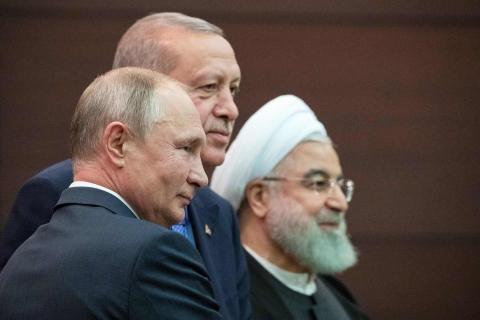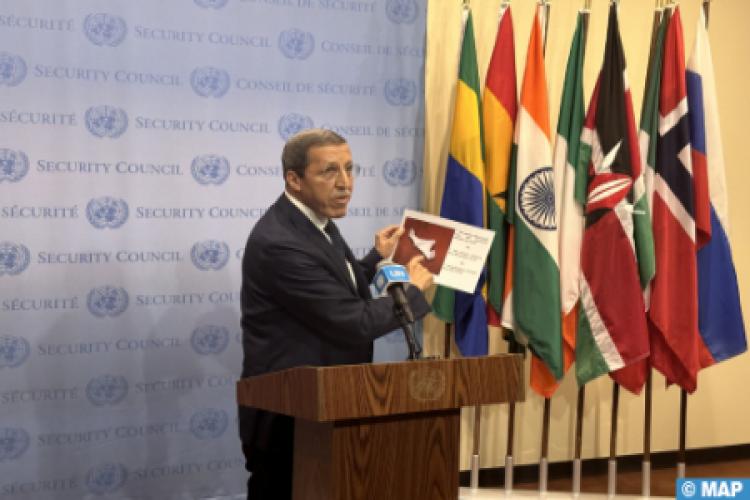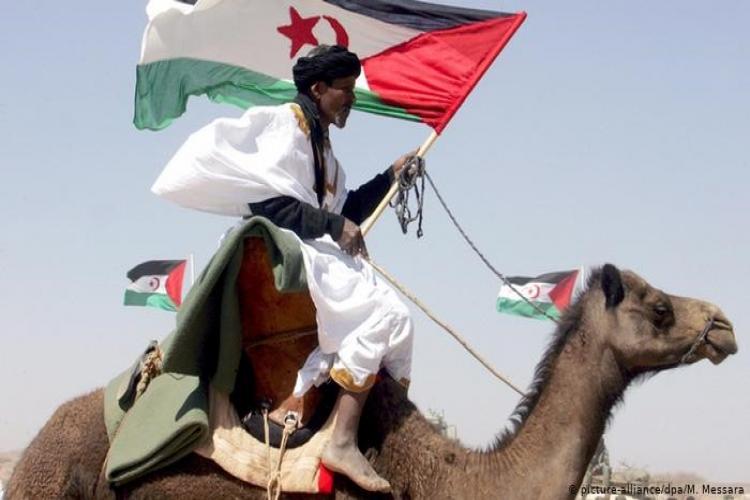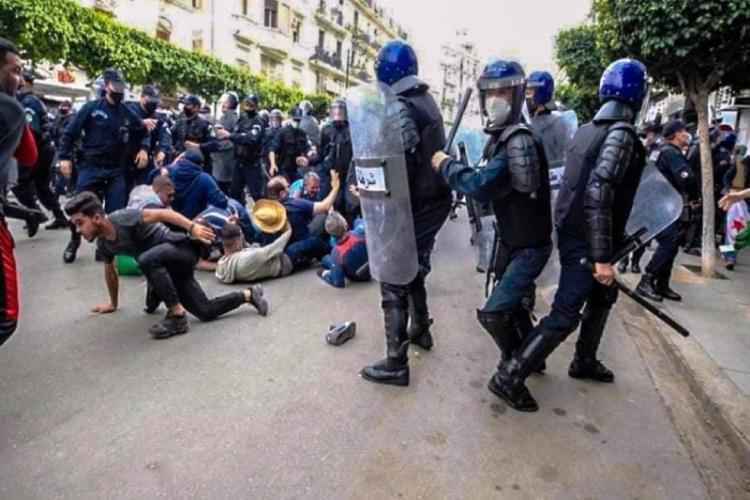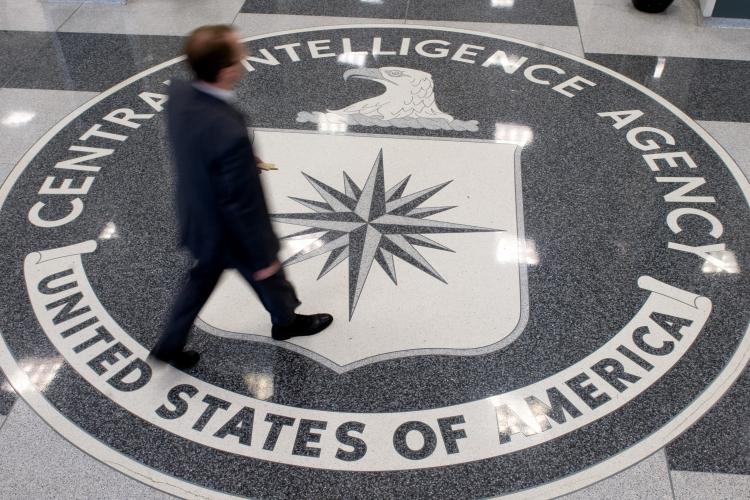The Middle East’s Next Conflicts Won’t Be Between Arab States and Iran
For more than two decades, the United States has seen the politics of the Middle East as a tug of war between moderation and radicalism—Arabs against Iran. But for the four years of Donald Trump’s presidency, it was blind to different, more profound fissures growing among the region’s three non-Arab powers: Iran, Israel, and Turkey.
For the quarter century after the Suez crisis of 1956, Iran, Israel, and Turkey joined forces to strike a balance against the Arab world with U.S. help. But Arab states have been sliding deeper into paralysis and chaos since the U.S. invasion of Iraq in 2003, followed by the failed Arab Spring, leading to new fault lines. Indeed, the competition most likely to shape the Middle East is no longer between Arab states and Israel or Sunnis and Shiites—but among the three non-Arab rivals.
The emerging competitions for power and influence have become severe enough to disrupt the post-World War I order, when the Ottoman Empire was split into shards that European powers picked up as they sought to control the region. Although fractured and under Europe’s thumb, the Arab world was the political heart of the Middle East. European rule deepened cleavages of ethnicity and sects and shaped rivalries and battle lines that have survived to this day. The colonial experience also animated Arab nationalism, which swept across the region after World War II and placed the Arab world at the heart of U.S. strategy in the Middle East.
All of that is now changing. The Arab moment has passed. It is now the non-Arab powers that are ascendant, and it is the Arabs who are feeling threatened as Iran expands its reach into the region and the United States reduces its commitment. Last year, after Iran was identified as responsible for attacks on tankers and oil installations in Saudi Arabia and the United Arab Emirates, Abu Dhabi cited the Iranian threat as a reason to forge a historic peace deal with Israel.
But that peace deal is as much a bulwark against Turkey as it is against Iran. Rather than set the region on a new course toward peace, as the Trump administration claimed, the deal signals an intensification of rivalry among Arabs, Iranians, Israelis, and Turks that the previous administration failed to take into consideration. In fact, it could lead to larger and more dangerous regional arms races and wars that the United States neither wants nor can afford to get entangled in. So, it behooves U.S. foreign policy to try to contain rather than stoke this new regional power rivalry.

